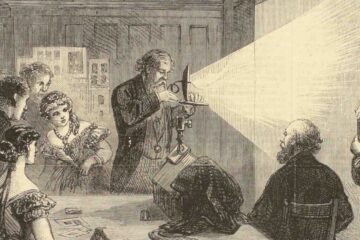Following the Supreme Court’s decision in US v Rahimi upholding a law banning domestic abusers from accessing firearms, Jennifer Tucker provided analysis of the decision and its impact on CNN.
The 8-1 ruling in the case, which comes after the Court’s 2022 Bruen decision upended the legal landscape surrounding firearms, “suggests that the justices are still grappling over the definition of originalism, constitutional meaning and the role of history in Second Amendment litigation,” writes Tucker. “But Friday’s decision should provide some needed guidance.”
In the op-ed, Tucker discusses the role of history in the decision, as well as evidence on the importance of restricting domestic abusers’ access to guns while under a protective order. The Rahimi ruling will save “many hundreds, if not thousands, of lives,” Tucker writes, since research shows that firearms play an outsized role in the lethality of domestic violence situations, and further pose a threat to victims’ family members and friends, law enforcement, and the community at large.
Tucker concludes:
The Supreme Court took a step in the right direction. There is still great uncertainty about how lower courts will apply the Bruen “history and tradition” test in other firearms regulation cases. This uncertainty has empowered gun rights advocates and led to a relaxing of gun laws across the country in the past two years.
Amid dueling visions of firearms rights, and the battle over “history and tradition,”in a country plagued by gun violence, it is important to remember that the Declaration of Independence gave Americans a right to “life, liberty, and happiness.” People arguably also have a “right not to be shot.”



0 Comments